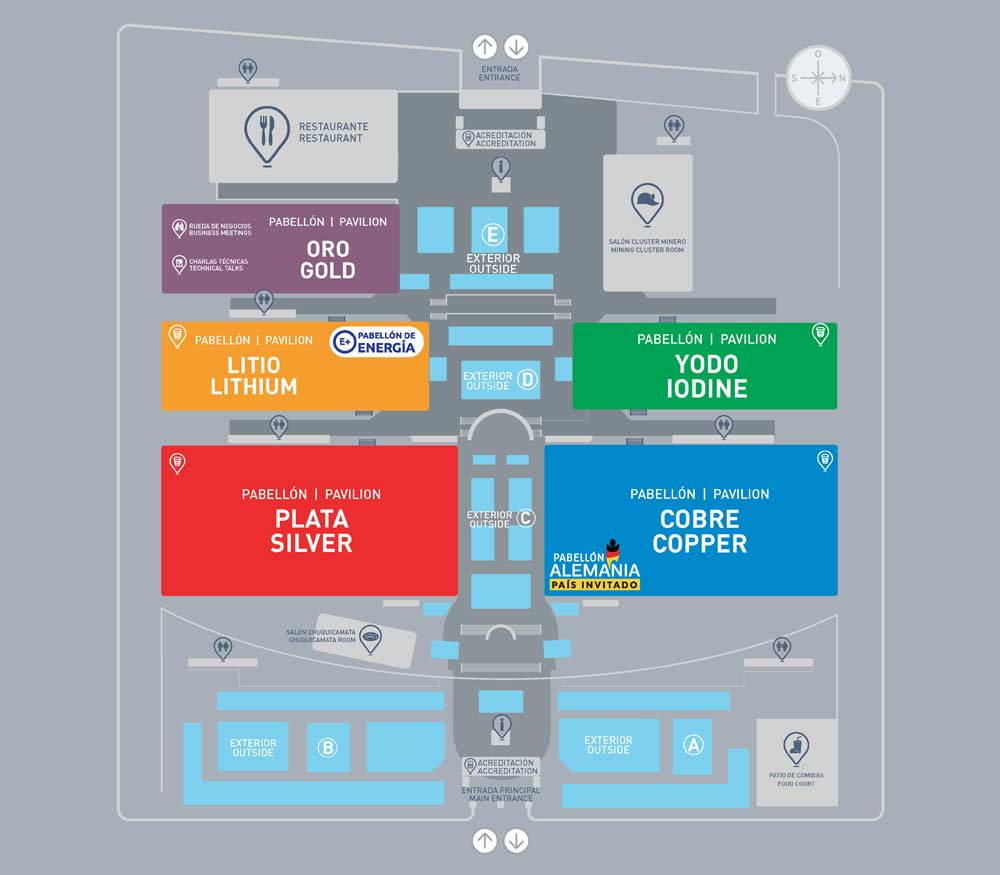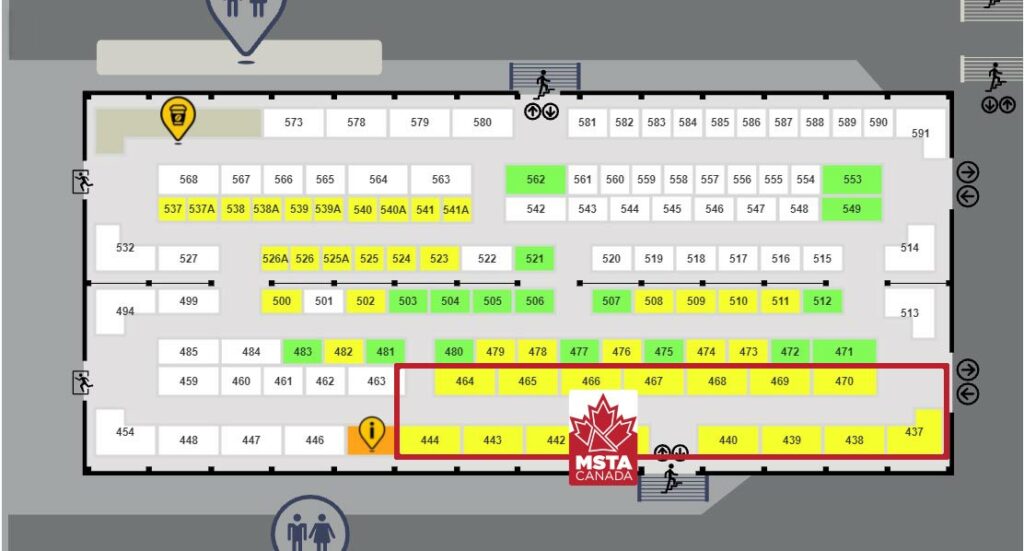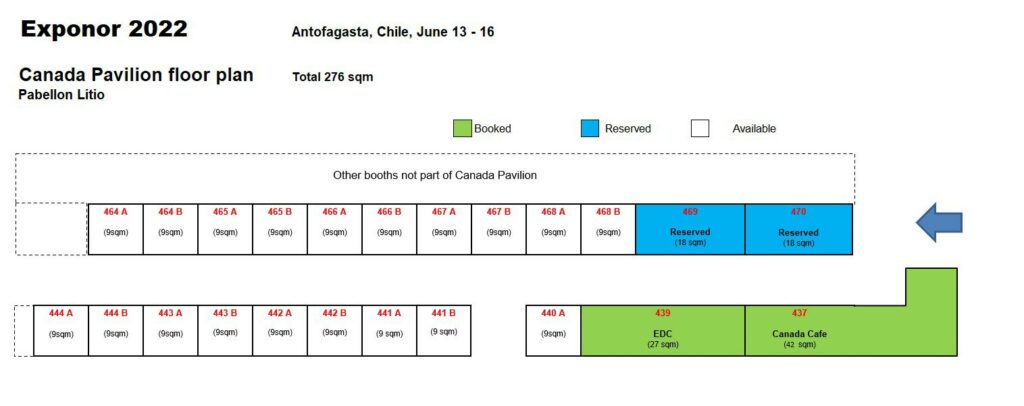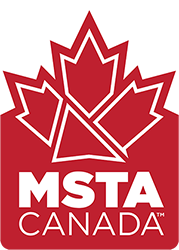COVID19: working
Employers and employees need to take steps to help staff and clients stay healthy and prevent spread of COVID-19. You should also know what to do if you have safety concerns, and what happens if someone at your workplace tests positive for COVID-19.
What the Health Protection Act Order means for your business or organization
Under the Health Protection Act Order, some businesses and organizations are required to close. Others can stay open with restrictions. Make sure your business is following all public health orders.
Cleaning your workplace
• Make sure you are keeping your workplace clean.
• Clean and disinfect workspaces (a minimum of twice a day, or as required). Pay special attention to high-touch surfaces like doorknobs, light switches and railings, and commonly used areas such as desks and tabletops.
• Wash with soapy water first. Then disinfect using household cleaning products, following the directions on the label, or a solution of 5 mL of bleach per 250 mL of water, or 20mL per litre. Disinfect phones, remote controls, computers and other handheld devices with 70% alcohol or wipes.
• You should also post handwashing signs and provide alcohol-based hand sanitizer (at least 60% alcohol) to encourage frequent hand hygiene.
• Remove non-essential items like magazines, stuffed toys, and other items that can’t be easily cleaned from reception areas.
Employer’s obligations
Along with frequent cleaning and disinfecting, there are other steps you can take to reduce risk at work.
Communicating with employees
• Make sure employees and customers maintain physical distancing of 2 metres (6 feet) whenever they can.
• Consider providing non-medical masks for your employees to wear.
• Make sure employees don’t eat while working.
• Make sure employees know to stay home if they’re feeling sick.
Support your employees if they need to stay home
• Anyone who has travelled outside Nova Scotia is required to self-isolate for 14 days from the day they get back to the province, even if they don’t have symptoms.
• Employers cannot require a doctor’s note if an employee must be off work.
• Consider how you can support your employees while they’re in self-isolation. Talk with your employees about flexible hours or alternative work arrangements if they are required to stay home.
Limit event size
Businesses and organizations are required to limit events and non-essential gatherings to no more than 5 people. This could include events like weddings, religious services, movie screenings and concerts. This will help protect vulnerable Nova Scotians who are at risk for serious illness.
Trades workers’ safety
People working in trades may have special concerns during the COVID-19 pandemic. The Nova Scotia Apprenticeship Agency has a COVID-19 tip sheet for trades workers with more information on how to keep yourself safe.
Other steps you can take in your workplace
As well as following the coronavirus prevention advice for individuals and families, businesses and organizations should:
• Make sure you have a business continuity or emergency plan in place
• Think about what you’ll do if several of your employees get sick
If one of your employees tests positive for COVID-19
When anyone tests positive for COVID-19, Public Health contacts them directly. They’ll work with the person to identify all their close contacts and conduct a risk assessment to determine if any of their close contacts need to self-isolate.
Public Health will directly contact anyone who needs to self-isolate. In some cases, this means Public Health will contact the person’s employer if they were at work when they might have been contagious.
If Public Health doesn’t contact your workplace, that means they decided the risk to people in your workplace was low. You don’t need to do anything if Public Health doesn’t contact you, and any employees who weren’t directly contacted can continue going to work.
If any of your employees need to stay home, you can’t ask them for a doctor’s note. Your employees will contact you when Public Health has cleared them to return to work.
You don’t need to close your business if one of your employees tests positive for COVID-19.
You do need to:
• Clean and disinfect your workplace thoroughly, especially surfaces that are touched frequently
• Follow all directives about social distancing and gathering limits
• Make sure your employees are following proper hand-washing and other hygiene guidelines
• Make sure your employees are monitoring their health – to find out if they need to call, visit When to call 811 about COVID-19
If you have concerns about working during COVID-19
If you’re an employer or employee and you have questions or concerns about work during COVID-19, contact the Department of Labour and Advanced Education for help.
Safety concerns
Workplaces are required to take precautions to ensure the health and safety of their employees and clients. If you’re worried about safety in the workplace, you should talk to your immediate supervisor. If the situation isn’t resolved, contact your Occupational Health and Safety Committee if you have one, or call the Safety Branch at 1-800-952-2687.
If you’re a business owner or manager and you want workplace safety advice, call the Safety Branch at 1-800-952-2687.
Leaves, layoffs and other labour questions
If you have questions about the Labour Code, like taking leave or being laid off, contact the Labour Standards Division at 1-888-315-0110.
Occupational health and safety guidance for COVID-19
Employers and employees need to work together to assess health and safety risks and reduce them. Learn more about occupational health and safety during COVID-19.
Requirements for Temporary Foreign Workers and employers
Temporary Foreign Workers who come to Nova Scotia need to follow the conditions of the Health Protection Act Order. Guidance for Temporary Foreign Workers employed in the Agriculture and Seafood Sectors (PDF 231 kB) outlines federal and provincial requirements, including expectations for employers and the pre-screening checklist for self-isolation facilities.
Instructions for fish harvesters and processing plant workers on how to self-isolate are outlined in the Self-isolation for fishery workers coming to Nova Scotia factsheet (PDF 114 kB).
Federal support for foreign workers
The Government of Canada has funding and resources available to help foreign workers isolate.
Businesses that can begin maintenance work
Some business can begin maintenance work while remaining closed to the public (like golf courses and campgrounds). Workers performing maintenance work must maintain distancing.
Businesses that are open for maintenance work must:
• Use enhanced cleaning and disinfection practices for all workspaces, public and shared spaces (like picnic tables, garbage cans and other high-touch surfaces)
• Keep any recreational facilities associated with the business closed (including swimming pools, beaches, picnic areas, playgrounds and tennis courts)
• Make sure employees have appropriate supplies, like sanitizing wipes and cleaning products
You should also post signs and update your website to let the public know that you’re still closed




